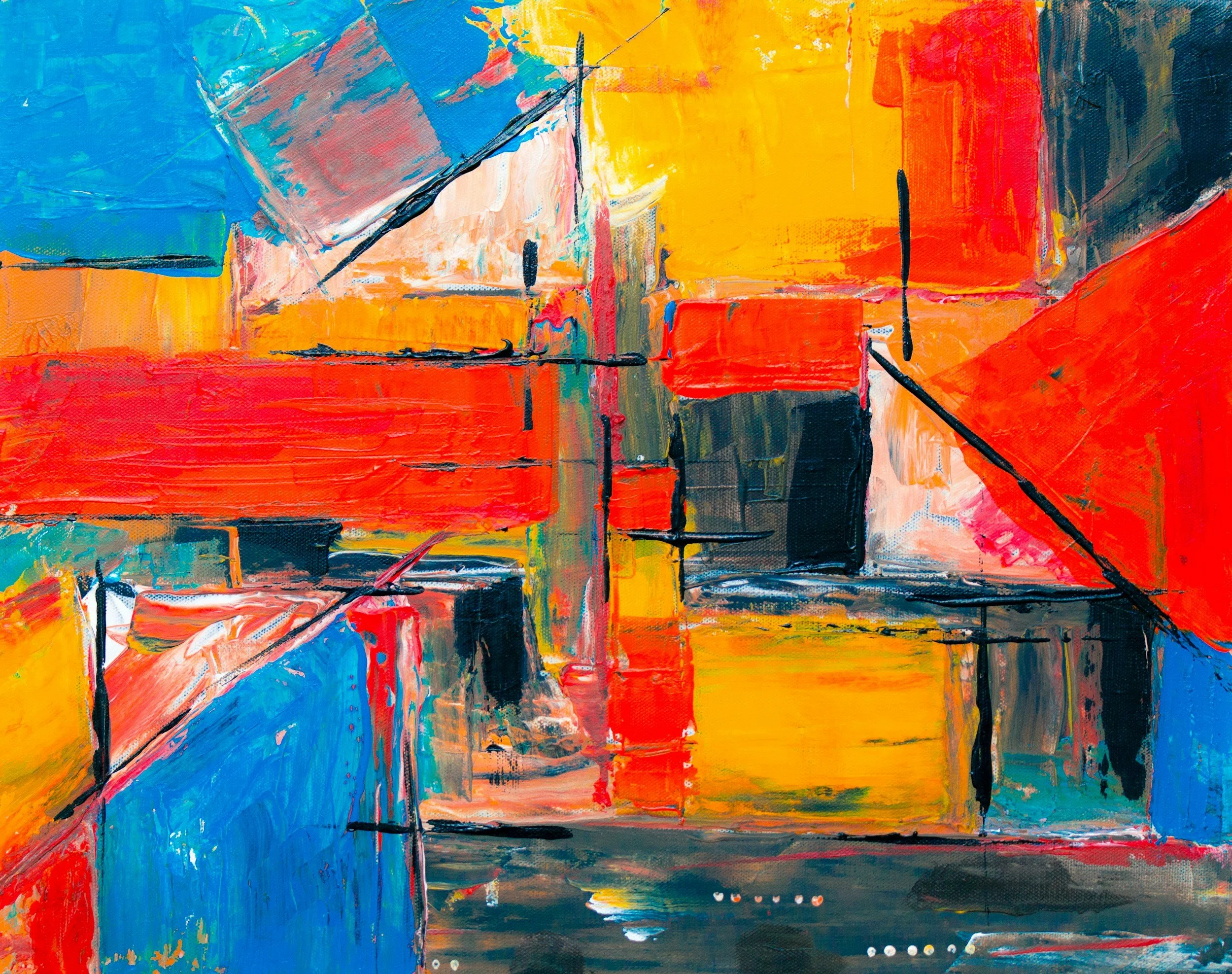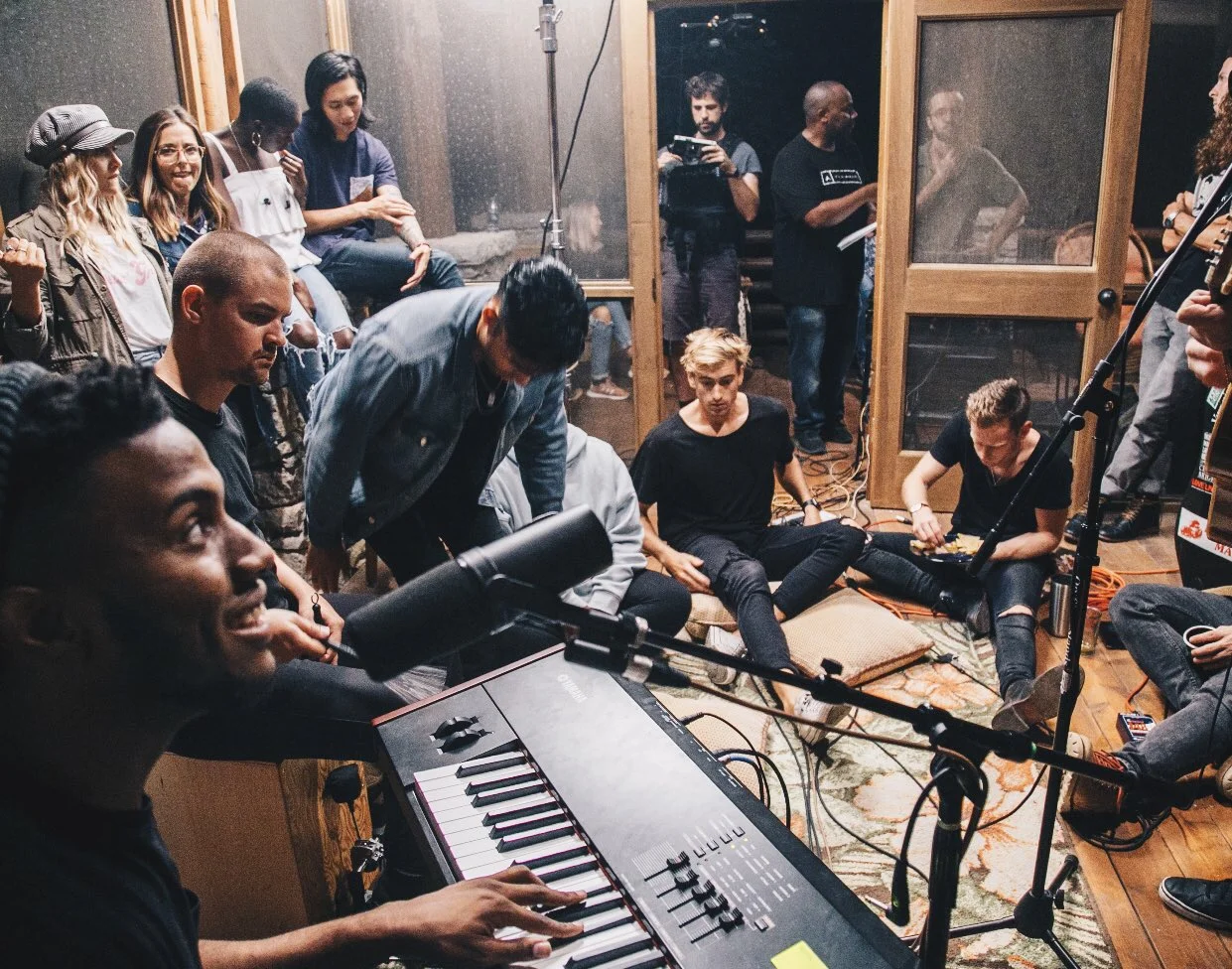Merging Two Parallel Movements
Merging Two Parallel Movements
The 1960’s birthed two movements in America: the Civil Rights movement and the Contemporary Worship movement. While both made their way around the world, they have run mostly on separate, parallel tracks. One of Common Hymnal’s hopes is for the merging of these two movements, hence our slogan: Praise and Protest.
When Jesus appeared to his followers after the resurrection they fell down and worshiped him. In this context he issued us with instructions regarding our work in this world, commissioning us to disciple the various ethnicities (ethnos) of this world. The presupposition was that we would engage with others in the way of Christ, in the way of the sermon on the mount, from the bottom-up. Instead, the message of Jesus made its way around the world - in great part - via white colonization, from the top-down, fostering the notion that Europeans were superior and resulting in legislation and social structures that entrenched racism into our world. Yet, we read in the prophetic Psalms that God the father gave to God the son the ethnicities of the world as his inheritance. Racial diversity is the treasure of heaven.
In the 1980’s, in the apartheid era of my native South Africa, before Nelson Mandela was released from prison and the country went through a systemic restructuring, my life was turned upside down in a worship gathering. I was convicted about my complicity as a young white person in the abhorrent system of legislated racism in which I had grown up. The awful consequence of apartheid was not only how it damaged the oppressed, but how it numbed the privileged. For the five years leading up to the release of Nelson Mandela from prison, I went on a journey of discovery and pioneered a multi-ethnic, multi-lingual, multi-cultural music project that fused praise and protest. We built a catalog of music in support of the justice movement that contained songs that could comfort the disheartened and embolden the courageous. Music played a pivotal role in our national journey out of the cruelty of totalitarianism. Common Hymnal is a replay of this work in a country that is becoming more and more like the South Africa in which I grew up.
The separation of the worship movement and the justice movement has resulted in a distorted version of Christianity that is known more for its hate than its love. We are working to close the gap between these two movements with the hope for a future that looks more and more like the kingdom of Jesus.
Malcolm du Plessis
PS: If you have not already done so, please listen to our song Be Love.



























